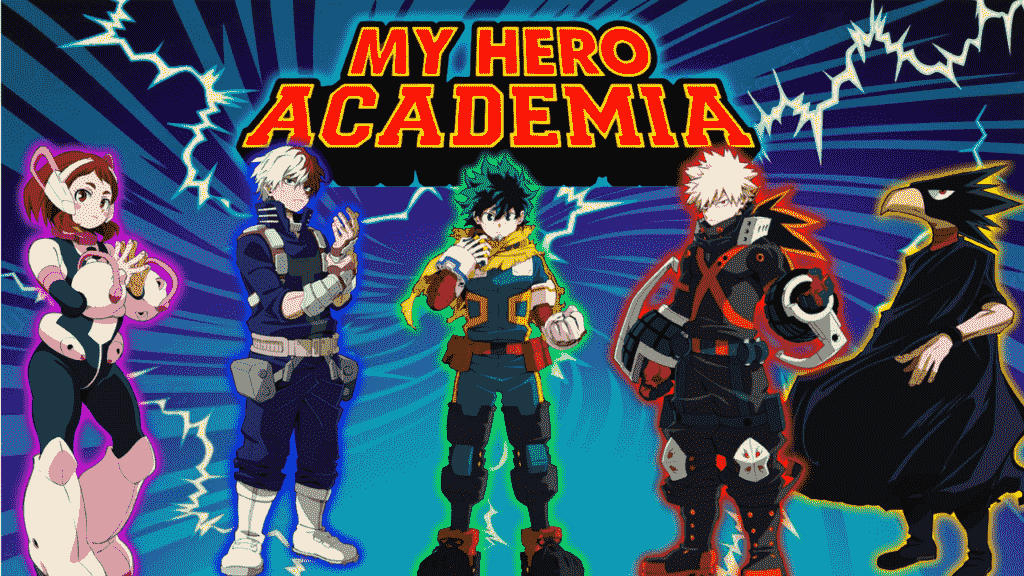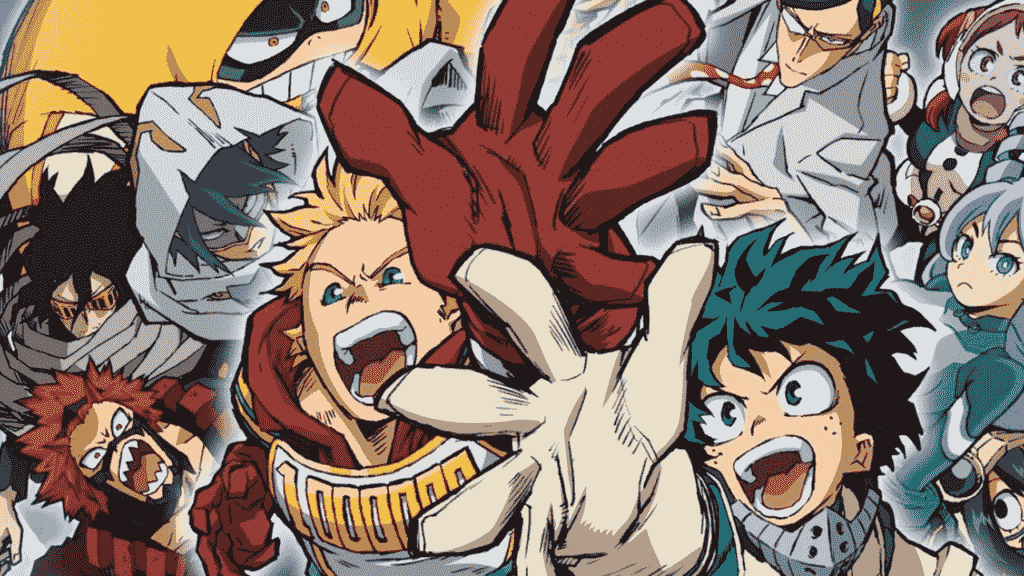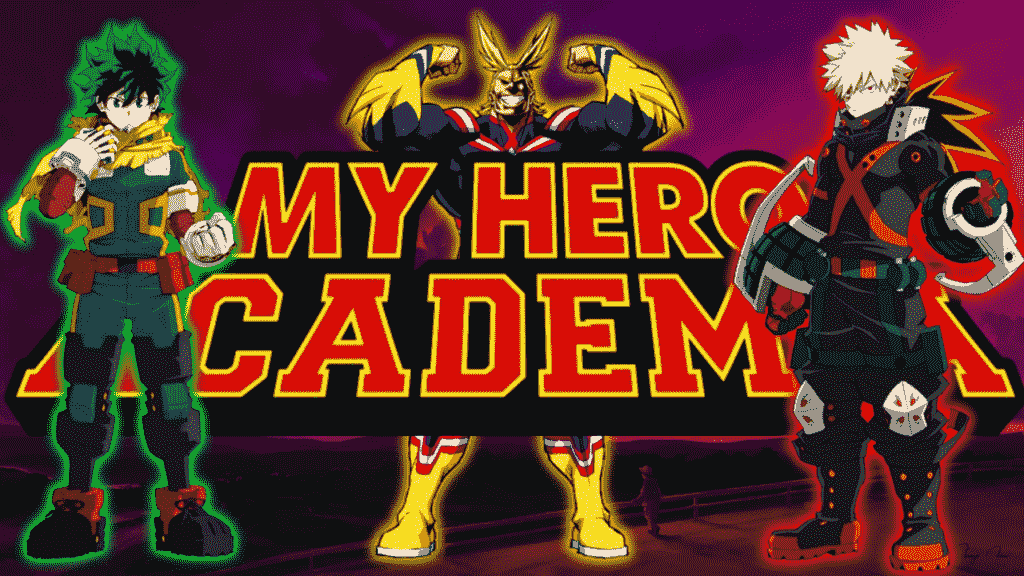Table of Contents

A Quirk is a Superhuman Ability that a person can possess and is the central idea for the story in My Hero Academia, shaping every aspect of its world, from personal identity to societal structures.
Every person has a unique type of Quirk of their own and each individual can only have single quirk and cannot acquire more quirks through any natural means.
The History of Quirks
The first known person to have a Quirk in My Hero Academia, is a female worker who had a Quirk of spear like bones, but it only manifested as hardened growths on her left arm.
Later she gave birth to twin boys named All For One and Yoichi Shigaraki. A year later a newborn baby was recorded to possess the ability to radiate light from its body.
After this, many people around the world began to manifest different kinds of powers. Many people showed signs of their Quirks after just they were born, while many showed signs at the time of their teenage.
Emergence of Quirks and the Rise of Heroes
Quirks first appeared several generations before the story begins in My Hero Academia, leading to significant changes in how society is organized.
As Quirk became common among people and 80% of the society started to have Quirk abilities, individuals with particularly strong or useful abilities began to take on roles as professional heroes.
The heroes worked under the government and played their role to defeat the villains who used their Quirk against heroes and society people.
The one with the strong and useful Quirk are often idolized by people, whereas the one with weak Quirk would feel demoralized or left behind.
Quirks and Social Grouping
The existence of quirks has led to a society that is somewhat differentiated or grouped based on the nature and strength of an individual’s Quirk. The one with Super strength and versatile quirk like One For All are often celebrated after their win and rise up in their position as a hero.
Whereas the one with less powerful Quirks or without Quirks like Izuku Midoriya before he gained power from One For All, may feel discriminated or socially pressurized. This can create an environment where one’s worth is judged based on their quirk, leading to issues of inequality and bias.
Quirks and the Law

As more and more people are born with Quirks and different type of powerful Quirks, more people intent to become heroes, So there came the need for laws to regulate the use of them. The My Hero Academia world has strict regulations on how and when quirks can be used, especially in public spaces.
Using Quirks without the permission of Teachers or The authority, which could harm other people is a strict crime in word of My Hero Academia, and can result in severe penalties. This legal framework is necessary to maintain order in a society where nearly everyone has some form of superpower.
Role of Heroes as Public Figures
Professional heroes in My Hero Academia are not just fighters they are public figures, often treated like celebrities.
Their actions are constantly monitored, and they are expected to uphold a certain image. This has led to a culture where heroes are judged not only by their ability to fight villains but also by their popularity and media presence.
This focus on image can sometimes overshadow the true purpose of heroism, leading to conflicts within the hero community and affecting the training and mindset of aspiring heroes.
Villains and Quirks
As the heroes continue to rise, on the other hand, Quirks have also given rise to new types of villains who use their Quirks for destroying public places, making chaos and taking revenge.
The series dives deep into the motivations of these villains, many of whom feel separated from normal life and normal life or wronged by a society that they perceive as unjust. This has led to a constant struggle between heroes and villains, with society caught in the middle.
Impact on Employment and Economy
As more and more people are born with Quirks, this influenced the government to open more job opportunities for Quirk holders. Certain professions may require specific quirks, while others may be off-limits to those with abilities that could be seen as dangerous or disruptive.
There are even agencies that specialize in matching people with jobs suited to their quirks. Additionally, the hero industry itself is a major economic driver, with agencies, merchandise, and media all contributing to a quirk-based economy.
Conclusion

In My Hero Academia, quirks are more than just superpowers, they are a fundamental aspect of the world that influences every facet of life, from personal identity to societal structure.
The series uses quirks to explore deep themes of power, responsibility, and the impact of societal expectations, making it a rich topic for analysis and discussion.

1 thought on “The Concept of Quirk and Their Impact In My Hero Academia”